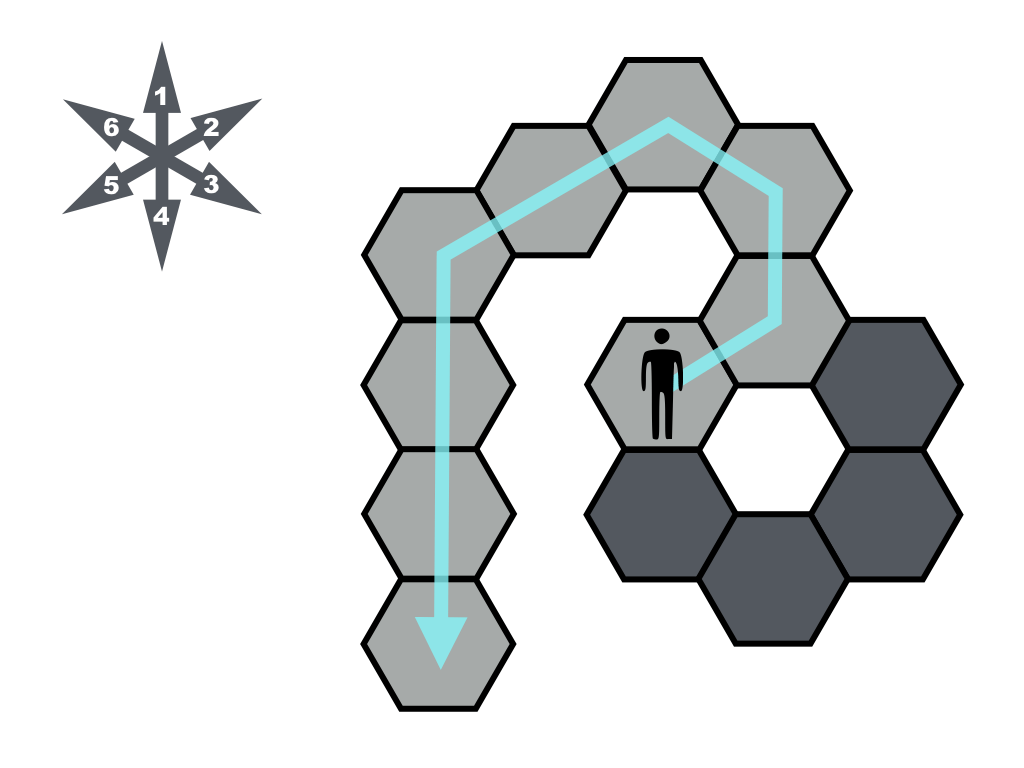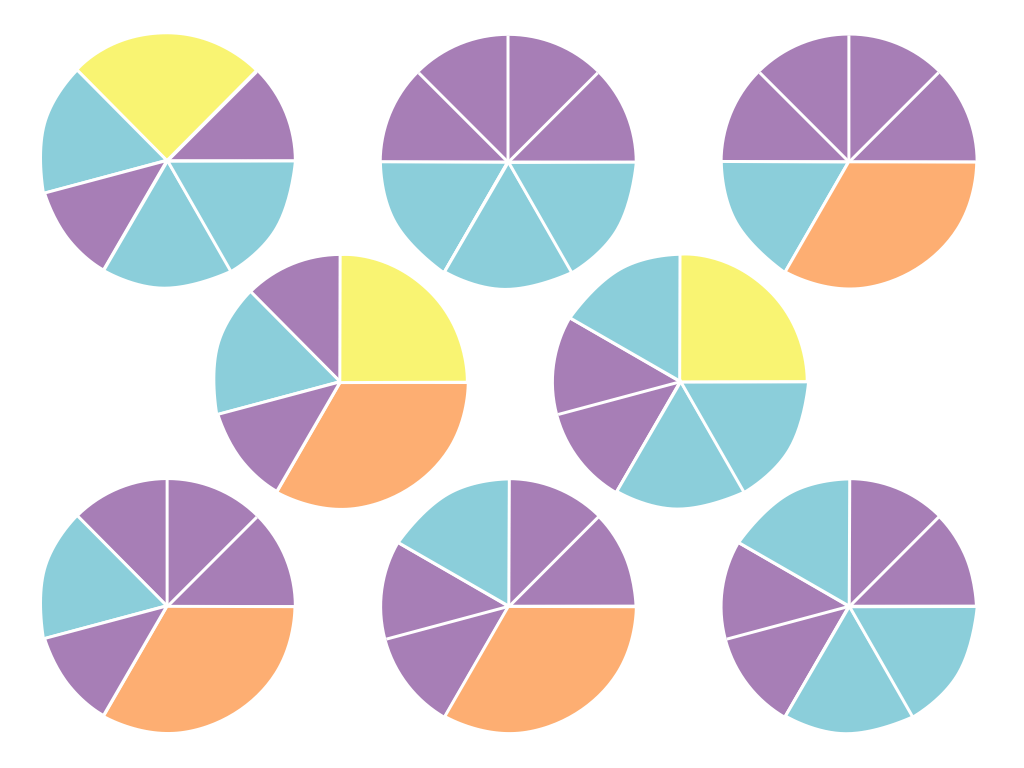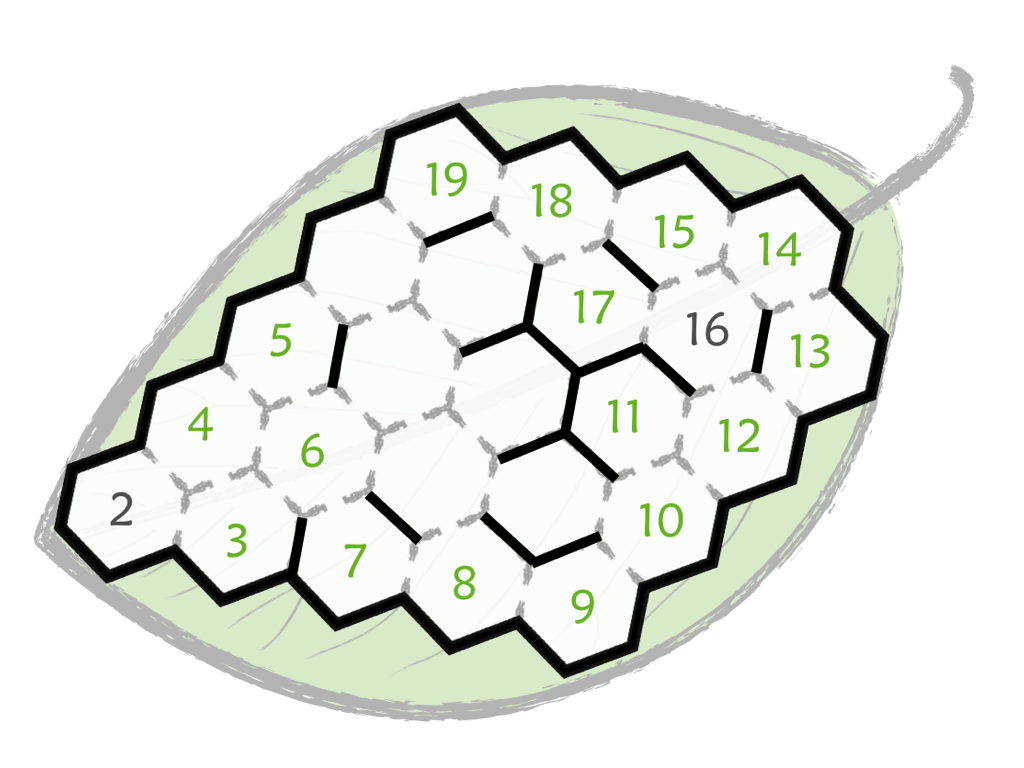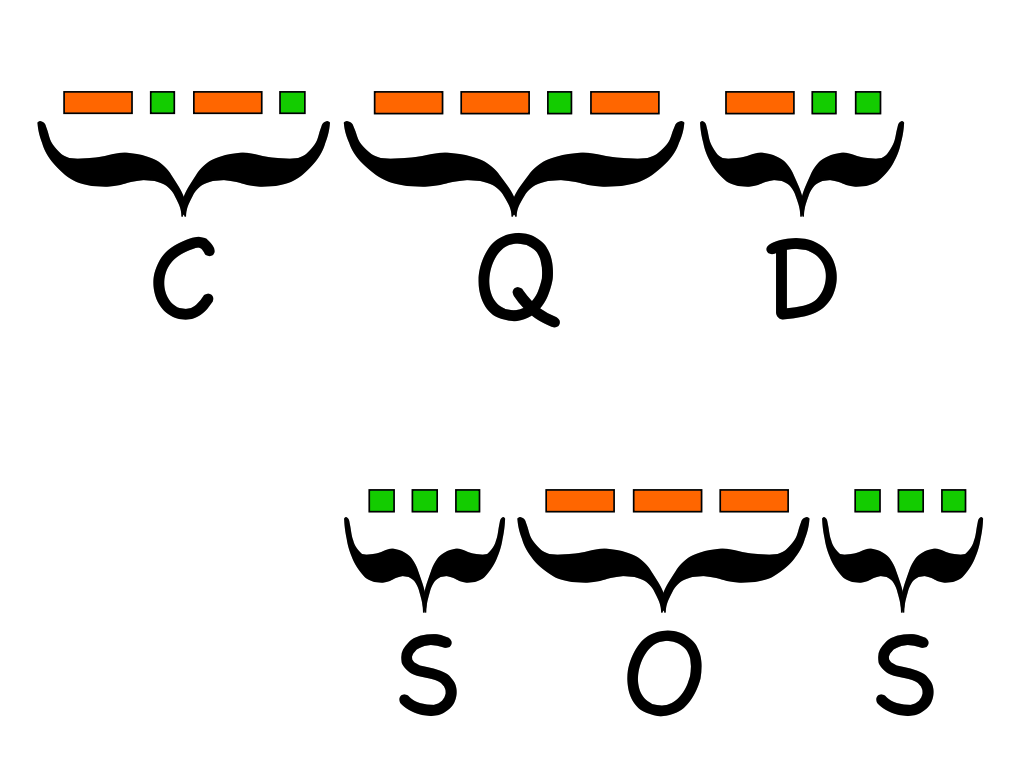MathPickle Professional Development
engaging the full spectrum of students
The best way to making lasting change in math education is to engage whole school communities of students, teachers and parents. This is as true in North America as it is in Asia. MathPickle’s one-week interventions focus on mentoring teachers in their own classroom and communicating directly with parents about how they can best help from the home.
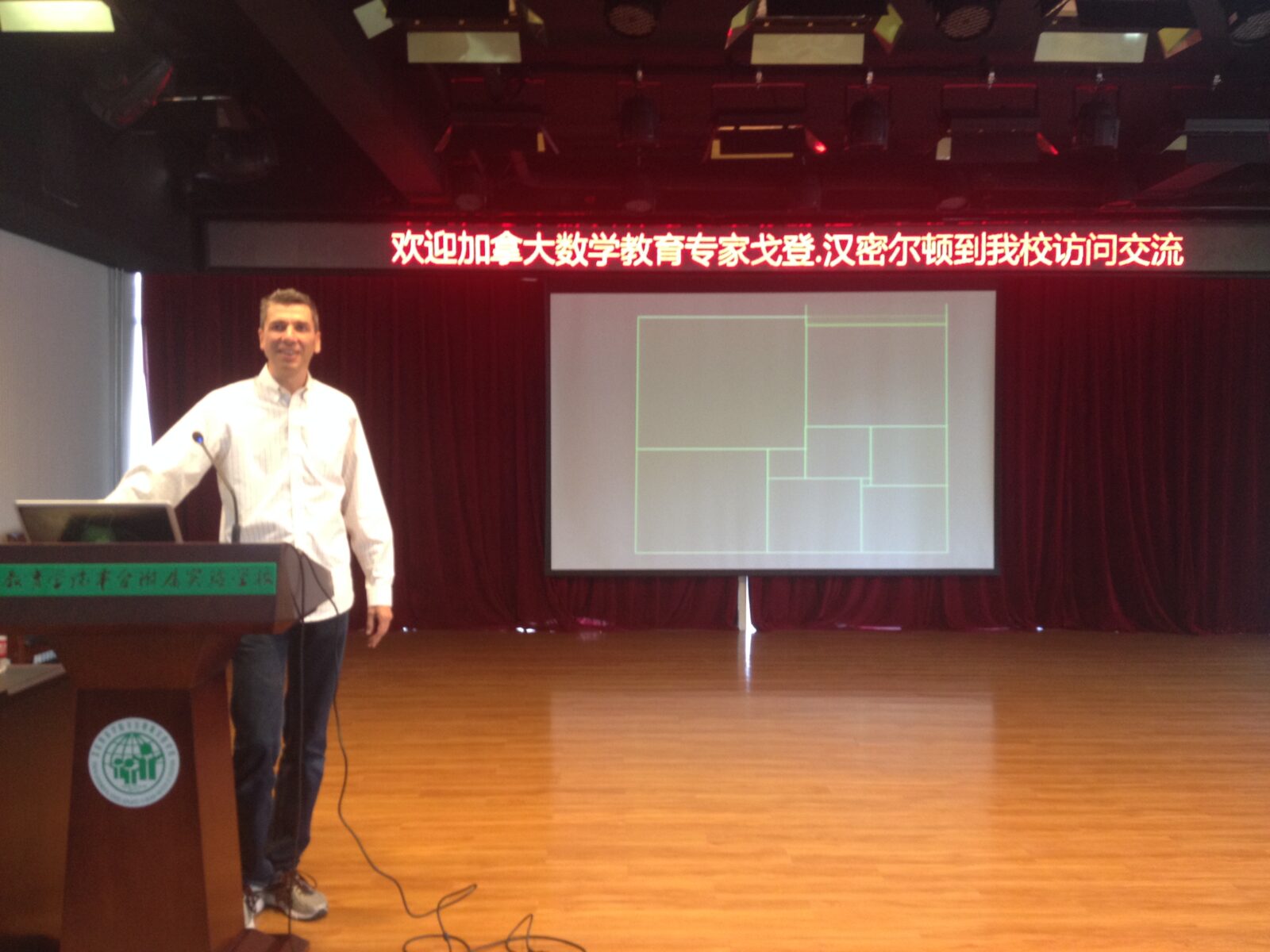
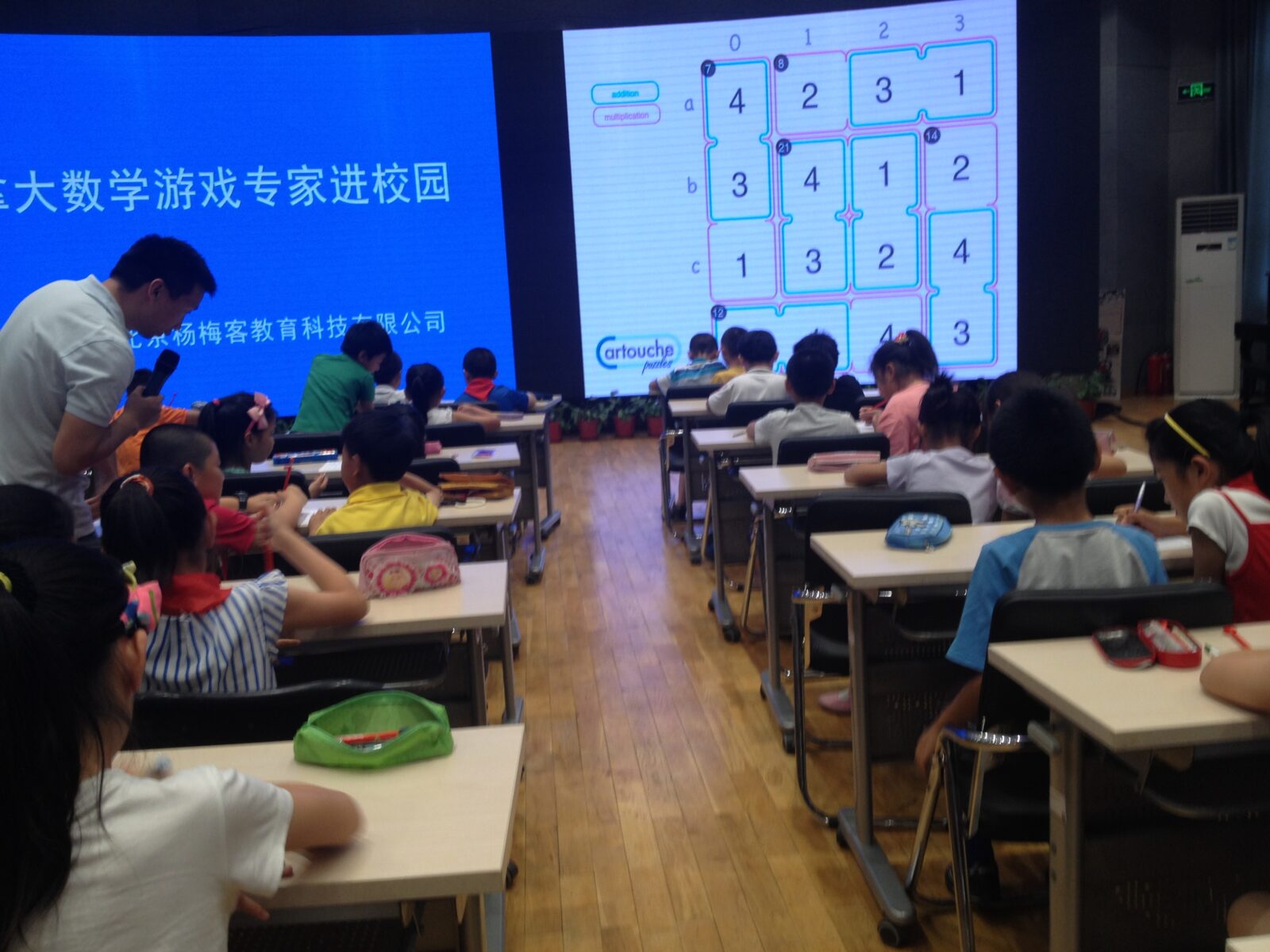
“How to engage the spectrum of student ability?”
Whenever an elementary school teacher wants to teach addition, she will invariably face 20% of students who already know how to add and another 20% who are struggling with last year’s curriculum. How can she engage the top students without losing the bottom students? How can she engage the bottom students without boring the top students? Parents of top students often ask that their child be allowed to accelerate through the curriculum – thus exacerbating the problem for future teachers, and setting up a failure-impoverished education experience. A wiser approach is to use curricular puzzles, games and mini-competitions to simultaneously teach curriculum to the students who need it, and to deflect top students into tough problem solving activities. This is never time wasted, because problem solving is at the heart of a quality mathematics education and the primary reason we teach it.
The experience of mathematics should be profound and beautiful. Too much of the regular K-12 mathematics experience is trite and true. Children deserve tough, beautiful puzzles.
We start by giving students a curricular unsolved problem from the last 150 years. These problems are carefully chosen to ensure that all students experience some successes and some failures along the way. Tenacity-building through failure is best taught through math and physical education. It is in the repeated daily exposure to failure that students lose the stigma of failure and are able to fully engage.
Events
The Banff International Research Station was the venue for Unsolved K-12 and Integer Sequences K-12!
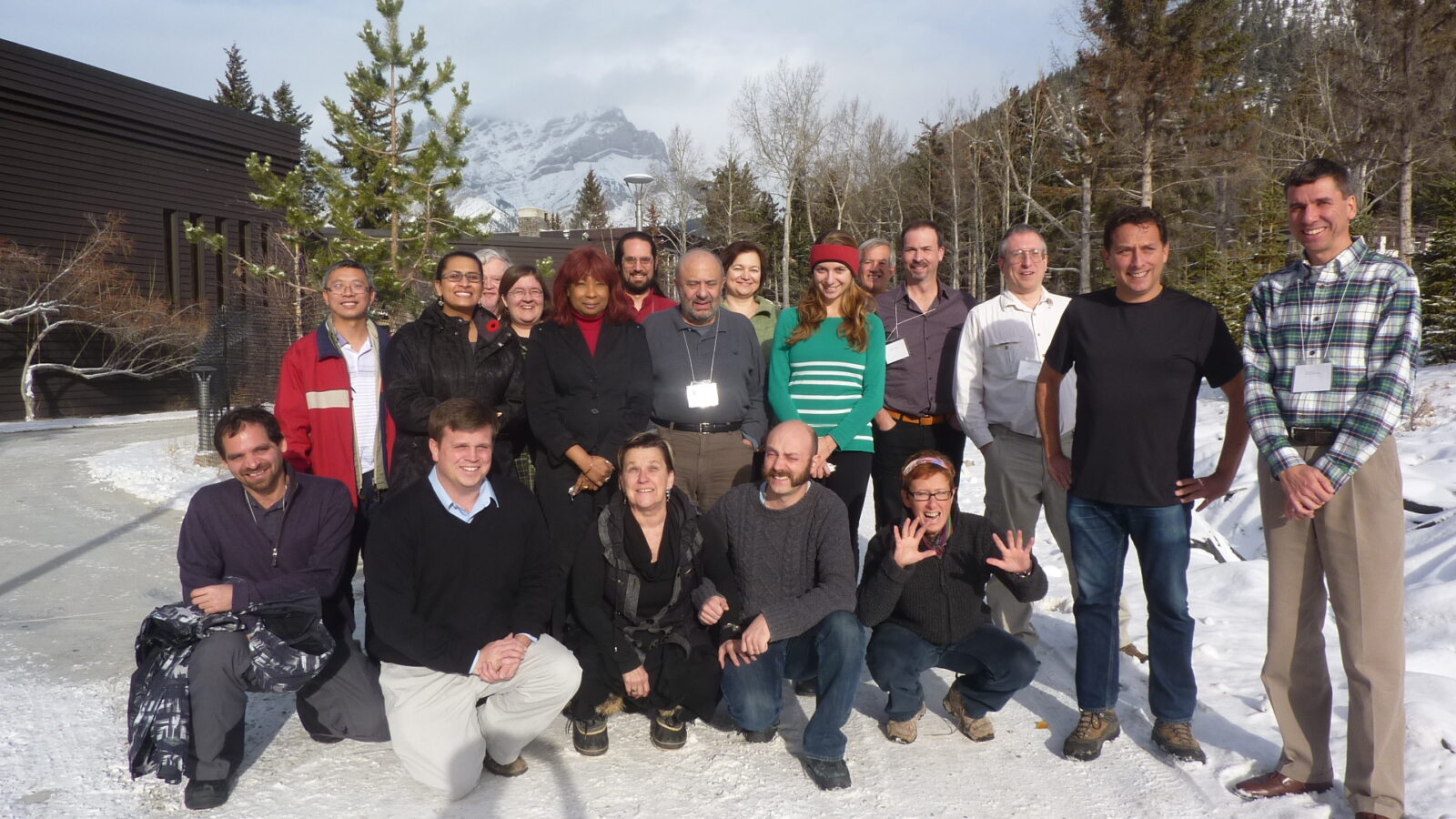
Unsolved K-12 Conference
Mathematicians and educators got together to select one curricular unsolved problem for each grade K-12. These are pedagogic gems! Every child deserves to see them during their education. This conference was a highlight of my professional life.
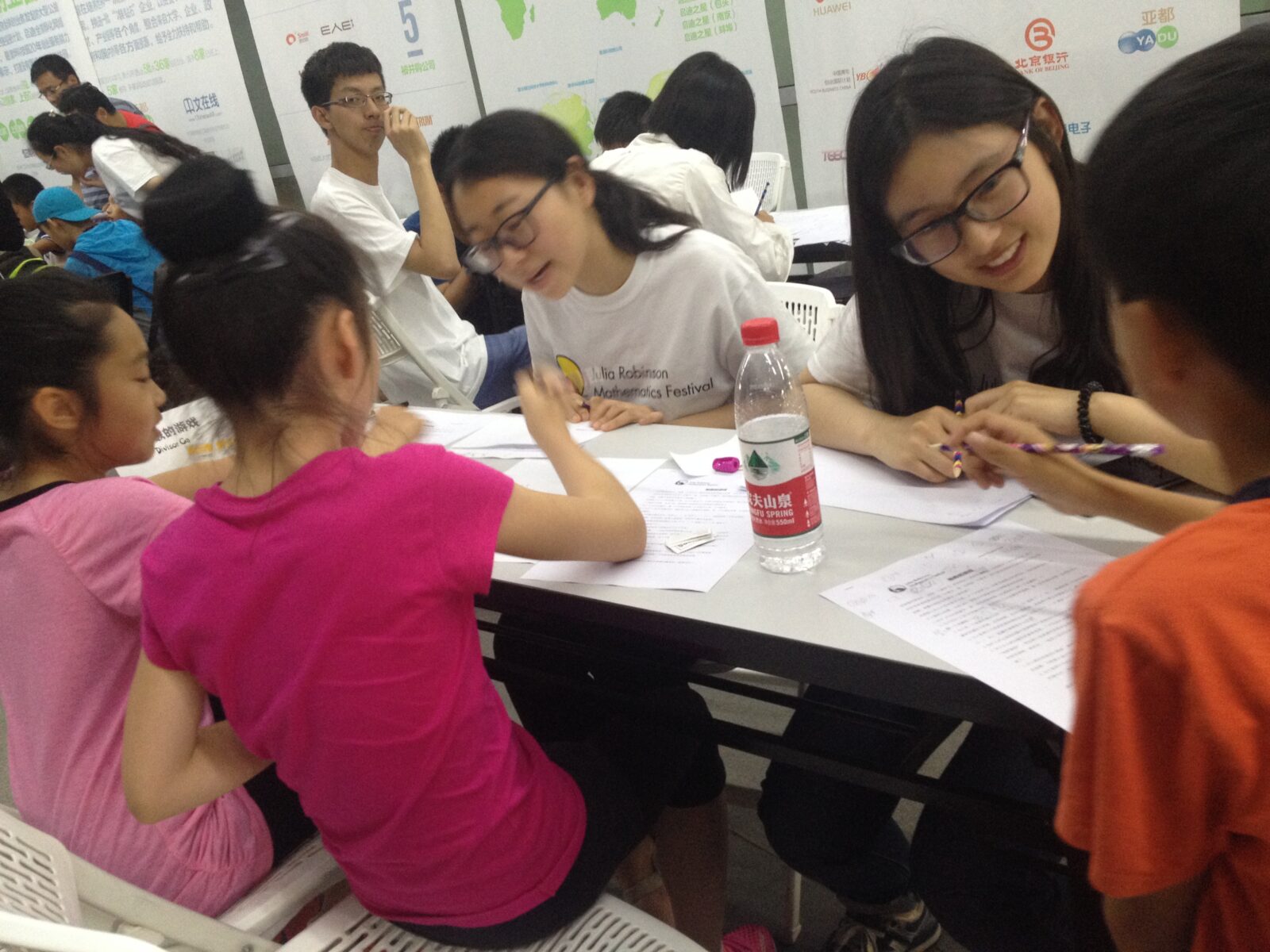
Julia Robinson Mathematics Festival
This festival is a great way to encourage collaboration in problem solving in your school community. The cooperative atmosphere is especially engaging for girls.
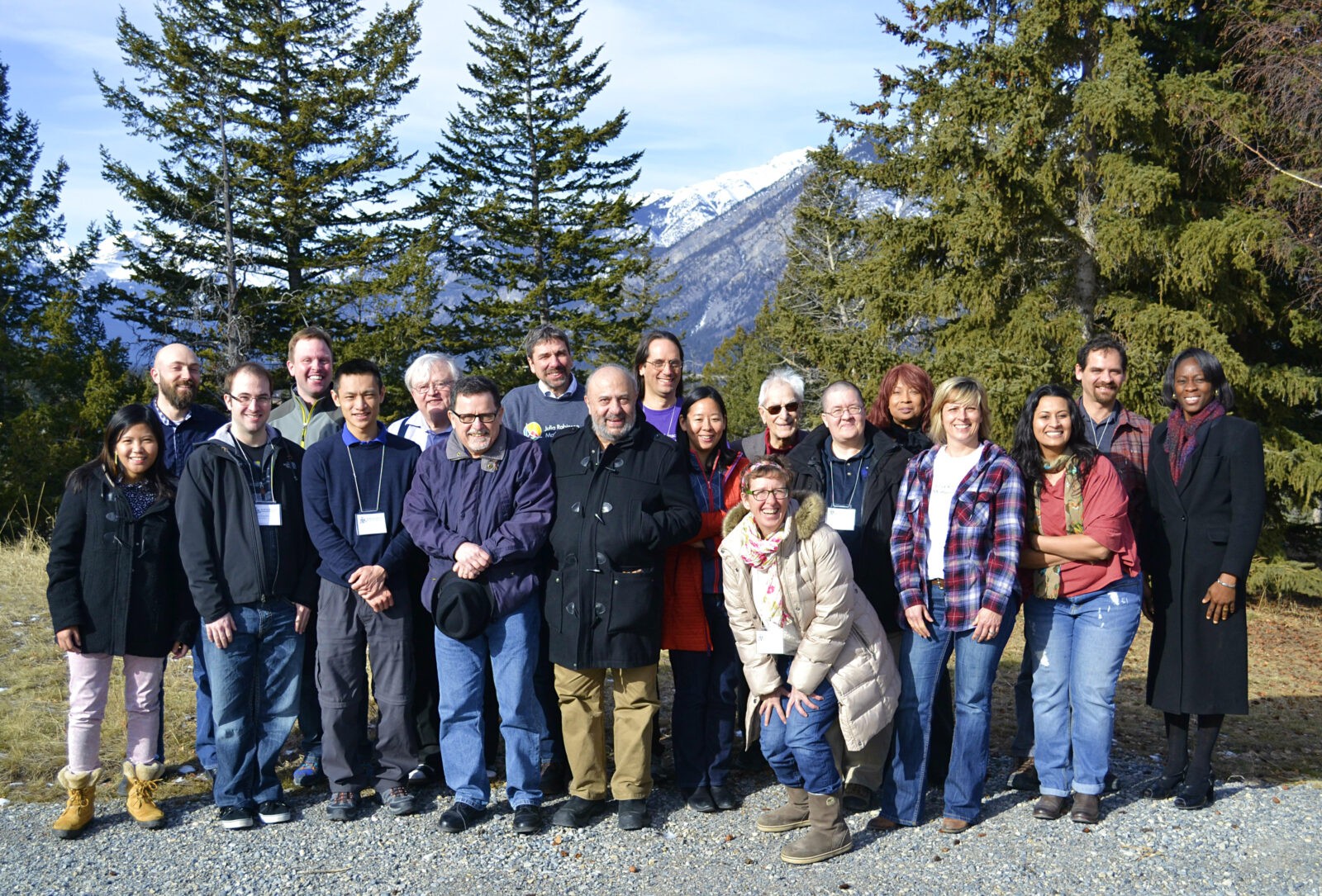
Integer Sequences K-12 Conference
The purpose of this conference was to get educators and mathematicians together to select one integer sequence for each grade K-12 from the Online Encyclopedia of Integer Sequences. This conference was another highlight of my professional life.

Game & Puzzle Party
The purpose of this event will be to encourage the spread of board gaming into the home. Initial attempts have failed to attain the connection between math class and board games in the minds of the bulk of parents.
